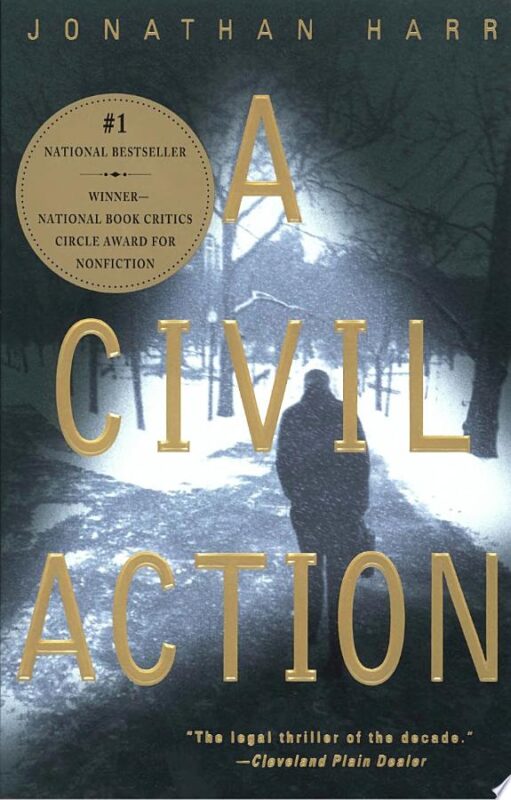PROPER DRESS FOR LAWYERS AT VIRTUAL COURT APPEARANCES
Michael Sean Quinn, Ph.D., J.D, Etc., Austin, Texas Lawyer
Judge Barbara Lynn, of the Northern District of Texas, a highly distinguished district jurist, recently remarked at a significant conference held on April 14, 2021 that it was shocking how informally some lawyers were dressing for hearings conducted on ZOOM. She mentioned the wearing of baseball caps, some forward, some backward. Her unequivocal statement has touched off a respectful though spirited debate, to some extent online.
One position in the debate is that ZOOM-type hearings are by their nature–by their “virtual constitution”–less formal than courtroom hearings and so the judge’s reaction is, one might say, untimely.
One of the participates in the controversy stated while s/he agreed that baseball and MAGA caps, among others, are inappropriate, there is no problem about not wearing pants, of any kind or level, not to mention shoes. (So far as hats are concerned, I doubt anyone would doubt forbidding the wearing of KKK headgear. Surely, no one would argue that wearing such a garment was a First Amendment Right.)
In any case, I dissent from the arguments favoring informality and for several reasons. My position is not simply based on slippery-slope concerns.
First, more formal dress creates at least an appearance of dignity, and that affirmation is an important quasi-worshipful side of participating in the process of achieving justice. I remember pledging allegiance in elementary school, and we were all required to place one of our hands over our hearts.
Second, for men anyway, wearing a suit-and-tie or similar outfit enhances one’s own sense of one’s self as participating in something worthy and civically important–justice achievement. I suspect the same is true for many women. (In no case, am I arguing for enhancing a sense of self-importance, as that phrase is usually understood.)
Third, appropriately dressed lawyers give clients an appropriate sense of what is going on, although this principle may not apply to some criminal defendants, though not all. I know from near-personal experience, that the upper class and even mafia defendants fit my paradigm.
Fourth, I’m sure that judges of all types, persuasions, genders, and ranks would agree with Judge Lynn’s admonition insofar as it applies to themselves. Who wants to appear before a judge who is in less dignified attire. What worthy judges feel good about providing over a proceeding without anything on under his/her dignifying robe.
I remember that during the most intense days of covid separatism, some judges presided from their bedrooms. I didn’t like even that, though to my knowledge no judge presides from her/his lavatory. (Presiding from one’s “judicial” bedroom is really not problematic, but it shows what a prude with an imagination I really am. One of my colleagues was like me in this “feeling,” especially in divorce cases.)
Someone else in the discussion indicated that there was a solution to the no-undergarment arguments by suggesting that judgers adopt a court practice rule requiring lawyers to stand up together outside a table or podium to be viewed, at least at the beginning of every hearing.
However, one participant wondered whether judges should require themselves to do the same thing together with the lawyers, even though they are “enrobed.”
Someone else went further and suggested that a variant of the Sunday School Song, renamed “Stand Up. Stand Up for Justice” be ordained as compulsory for all lawyers appearing before the court.
Yet another argued that all of them should be required to sing it together, the lyrics having been provided by the bailiff. I thought this last contribution was actually some sort of satire or sarcastic humor. After all, I thought, what analog would apply to judges? (I also wondered who would write the lyrics, though I confess I immediately started to experiment in my perverse mind.)
Hon. Jacqueline Bonilla, one of the judges sitting on the panel with Judge Lynn agreed with her and went “further”–or at least, in a different direction–suggesting that there should also be a requirement of proper lighting.
I’m not so sure about her suggestion. Why, in fact, should not lawyers be permitted to adjust the lighting for rhetorical purposes? Suppose, for example, that a lawyer could create a setting in which all of the background to her/his face or hear–and, perhaps, upper body–is completely black, or, at least, midnight blue. That set would not be disrespectful or contemptuous, and it might contribute to the drama of the process. If done well, I cannot see that there would be any danger of improper discrimination against any race or ethnicity, not to mention gender identity.
MSQ




Recent Comments